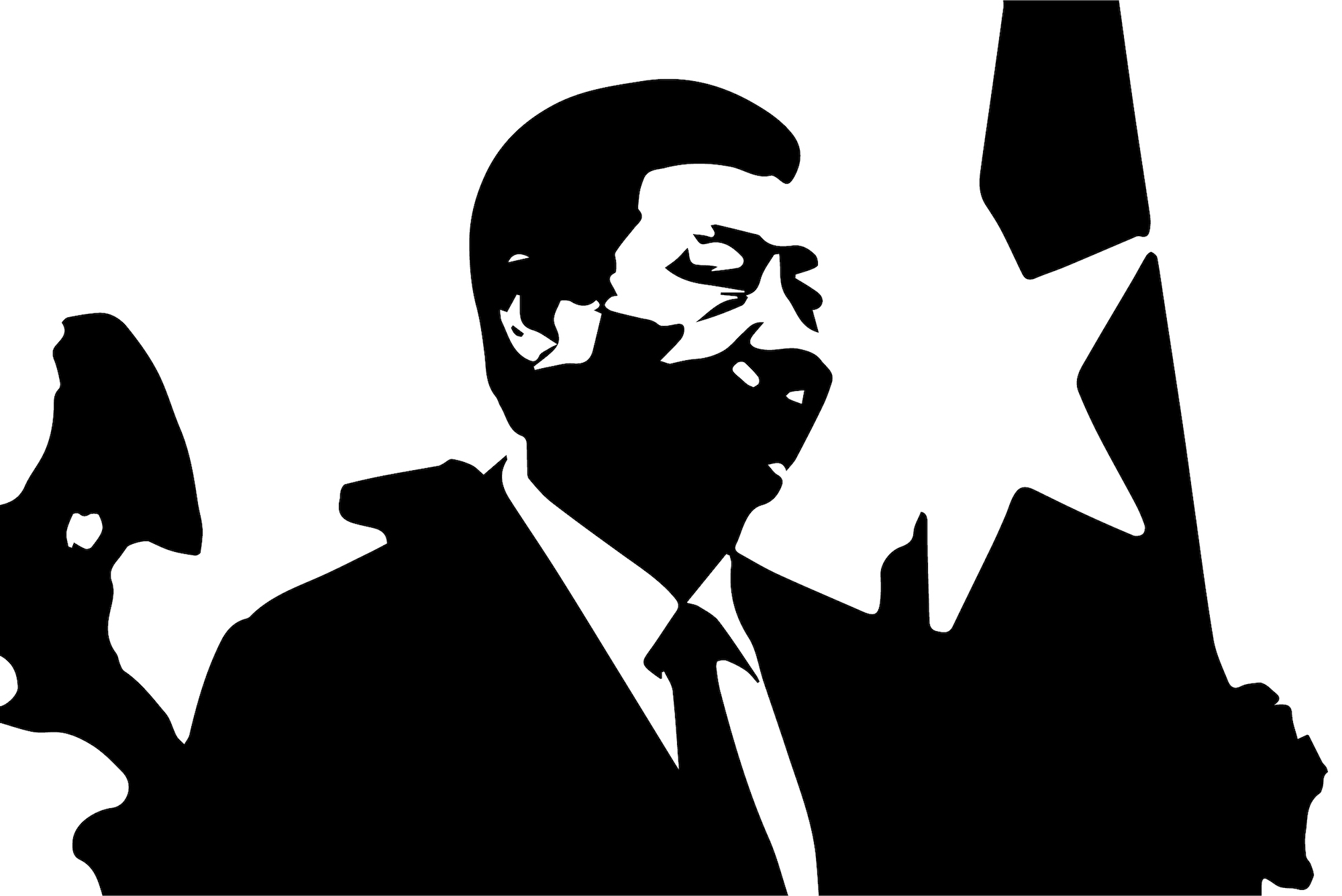Last Wednesday, a clock began subtly ticking, its arms inching toward a dangerous and unpredictable future. In just over a year, on February 5th, 2021, the last remaining nuclear arms control treaty in the world is set to expire. This is happening because Trump is putting words in Xi Jinping’s mouth and insisting that a deal can be reached that simply doesn’t exist.
Signed in 2010, New START has been a cornerstone of global stability. The treaty limits the strategic nuclear arsenals of Russia and the United States, which combined possess more than 90 percent of the world’s nuclear weapons, to 1,550 deployed strategic warheads each. These limits are enforced through on-site inspections, data exchanges and stringent declaration requirements. When either party deploys, decommissions or repositions its proverbial doomsday machines, the other party knows in advance.
That peace of mind is what we are about to lose. If New START is allowed to expire, there will be no constraints on US or Russian strategic arsenals for the first time since 1972. Waiting for China to come around to a deal they have already refused is not worth threatening this balance.
DAMAGE CONTROL
A little over a year ago, I detailed my concerns about the damage Trump is doing to the international arms control regime. In the year that has passed, most of my fears have come true. Just this week, the United States confirmed that it had deployed its first new low-yield nuclear missiles on its fleet of ballistic missile submarines, despite warnings that this would serve to lower the threshold for nuclear use and increase the risk of catastrophic nuclear war.
Tensions with Iran have only escalated since Trump tore up the Joint Comprehensive Plan of Action. Predictably, Iran recently decided to abandon key provisions of the deal it had continued to honor in collaboration with Russia, China, and Europe, and have threatened to withdraw from the Non-Proliferation Treaty entirely: the first public step to openly pursue a nuclear weapons program. The last country to have pulled out of the NPT is North Korea.
The most devastating blow Trump has dealt to global stability is his decision to abandon the Intermediate Nuclear Forces treaty. That agreement significantly reduced the risk of a nuclear exchange as the Cold War reached a fever pitch. The loss of INF and possible reintroduction of short-range nuclear weapons in Europe couldn’t have come at a worse time. US-Russian relations are the most fragile they have been since the collapse of the Soviet Union. We need stabilizing agreements like INF more, not less, than we have at any point since then.
New START is the last arms control treaty left standing and it is living on borrowed time. The slow but steady shuffle down death row has begun.
So here we are. New START is the last arms control treaty left standing and it is living on borrowed time. The slow but steady shuffle down death row has begun. The only thing that can save the treaty now is a presidential pardon.
Fortunately, the case for such a pardon is practically foolproof.
THE CHINA PROBLEM
The cost of allowing New START to expire would be astronomically high, likely in the billions. The more complex answer is that New START is irreplaceable. Under New START, Russia – the largest country in the world – voluntarily restricts its ability to hide its nuclear weapons. Without New START, America’s intelligence agencies would be scrambling to find hundreds, potentially thousands of needles in a six million square-mile haystack. At best, these intelligence-gathering methods would provide snapshots and well-educated guesses about Russia’s nuclear posture. Simply put, no amount of espionage can replace the constant flow of data and information that New START provides.
Given the benefits of staying in the treaty, it is difficult to imagine the rationale for abandoning New START. Russia has publicly announced its desire to extend the treaty with no pre-conditions. But the Trump administration is singing a different tune.
As recently as last week, Washington insisted that any discussion of extending New START involves China as well. The problem with that approach is that Beijing has shown no interest in doing so (despite Trump’s insistence that it is) – and for very good reason.
China has roughly 300 nuclear weapons in its arsenal, about one-fifth of what the United States and Russia can deploy under New START. From China’s perspective, it would make very little sense to impose limitations on itself while agreeing to allow its potential adversaries to have arsenals that are orders of magnitude larger than its own.
The massive scale of the US and Russian arsenals make transparency a net positive. In China’s case, the opposite is true. Secrecy and ambiguity are the main factors that allow China’s arsenal size to remain (relatively) small. By keeping its cards close to its chest, Beijing is able to have confidence that its arsenal would survive a nuclear surprise attack and guarantee its ability to launch a devastating counterattack.
For China to seriously consider joining New START, it would have to level the playing field with the United States and Russia. Unless these countries are willing to surrender thousands of nuclear weapons (which is unlikely), that would entail China arming up, not down to obtain parity. That scenario benefits no one.
The case for extending New START is a no-brainer. The United States should accept Russia’s offer and extend the treaty immediately. It would require no more effort than the stroke of a pen. Although the notion of restricting China’s nuclear arsenal might seem lucrative, Trump risks losing a phenomenal deal in the pursuit of a pipedream.
Will Saetren is a nuclear policy and security specialist at CRDF Global. The thoughts expressed are his own. He is the author of Ghosts of the Cold War: Rethinking the Need for a New Nuclear Cruise Missile, and an alumnus of the Roger Hale fellowship at the Ploughshares Fund. Find him on the Twittersphere @WillSaetren.





















